How Long Do Muscles Grow After a Workout?
When you work out, your muscles go through “hypertrophy.” This is where the muscle fibers get damaged and then repaired. The repair process causes the muscle to grow bigger and stronger. How long this takes depends on several factors, including age, the intensity of the workout, and genetics. This blog post will discuss how long it takes for muscles to grow after a workout and some tips on how to speed up the process!
How long does it take for muscles to grow after a workout?
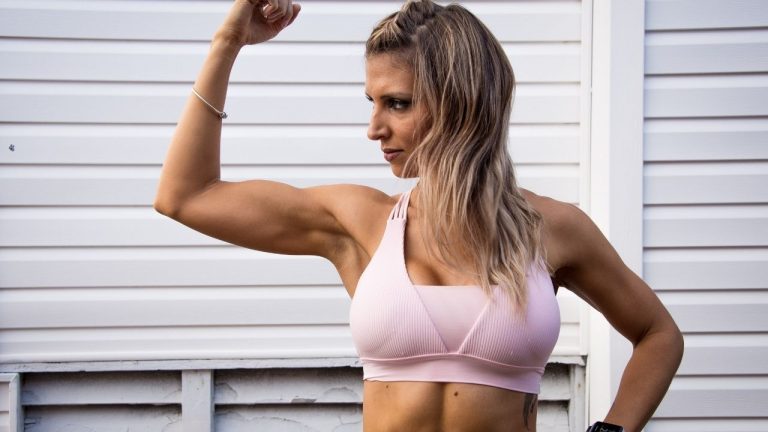
It’s common knowledge that working out can help to build muscle mass. But how long does it actually take for muscles to grow after a workout? The answer may vary depending on factors such as age, the intensity of the workout, and the type of muscle. However, studies suggest that it takes around 48 hours for muscles to begin to repair and rebuild themselves after exercise. This process is known as muscle protein synthesis, and it involves the body using protein to repair and rebuild damaged muscle fibers. While the exact timeline may vary, most experts agree that it takes at least a day or two for muscles to start growing after a workout. So if you’re looking to bulk up, be sure to give your muscles time to recover between sessions. With a little patience and diligence, you’ll be on your way to achieving your fitness goals!
How can I speed up the process?
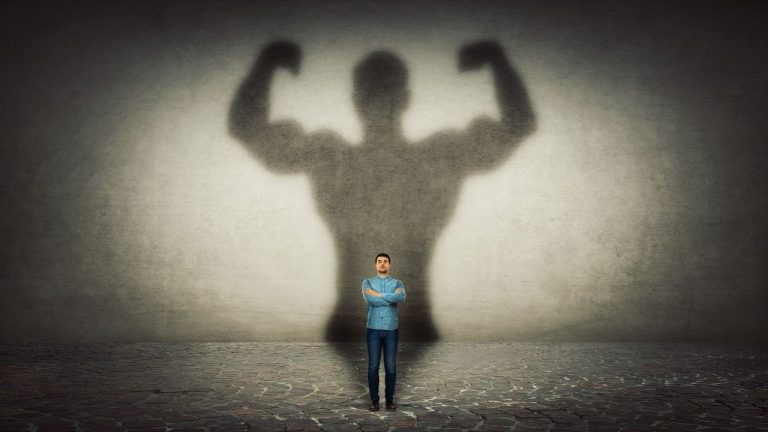
If you’re eager to see results from your workout routine, there are a few things you can do to speed up the muscle-building process. First, make sure that you’re eating enough protein. Protein is essential for repairing and rebuilding muscle tissue, so be sure to include plenty of it in your diet. Second, focus on compound exercises that work for multiple muscle groups at once. These exercises are more efficient at building muscle than isolation exercises, which target only one muscle group at a time. Finally, make sure to give your muscles adequate time to recover between workouts.
How does muscle growth change with age and genetics?
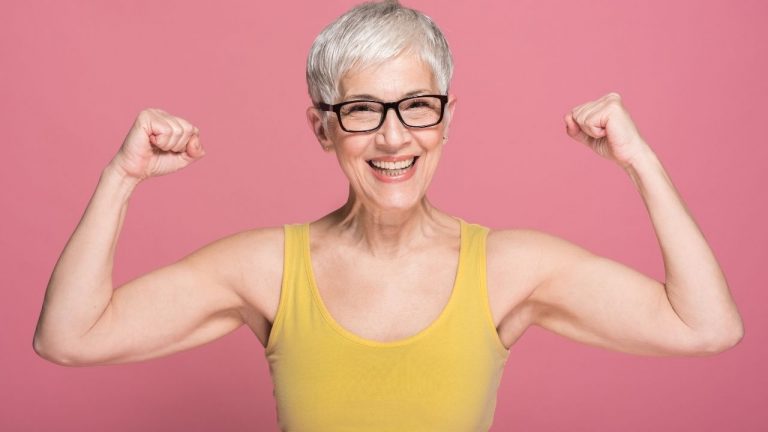
Age and genetics can play a role in how quickly your muscles grow after a workout. As you age, your body’s ability to repair and rebuild muscle tissue decreases. This means that it may take longer for your muscles to grow after a workout than they did when you were younger. Genetics can also affect how quickly your muscles grow. Some people are simply born with the ability to build muscle more quickly than others. However, this doesn’t mean that you can’t achieve your fitness goals! With a little patience and hard work, anyone can see results from their workout routine.
How to prevent muscle soreness after working out?

You’ve just completed an intense workout and you’re feeling great. But the next day, you can barely move. What gives? Muscle soreness is a common side effect of exercise, especially if you’re new to working out or you’ve increased the intensity of your routine. However, there are a few things you can do to prevent muscle soreness after working out. First, be sure to warm up before you exercise. A good warm-up will help to increase blood flow to your muscles and reduce the risk of injury. Second, don’t forget to cool down after your workout. Cooling down helps your body to slowly return to its resting state and can prevent muscle soreness. Finally, be sure to stretch. Stretching helps to lengthen your muscles and can also prevent muscle soreness.
With a little planning and preparation, you can avoid the dreaded muscle soreness after working out. Just be sure to warm up, cool down, and stretch! And if you do experience some soreness, don’t worry – it’s a sign that your muscles are growing.
How can I tell if I’m overtraining?
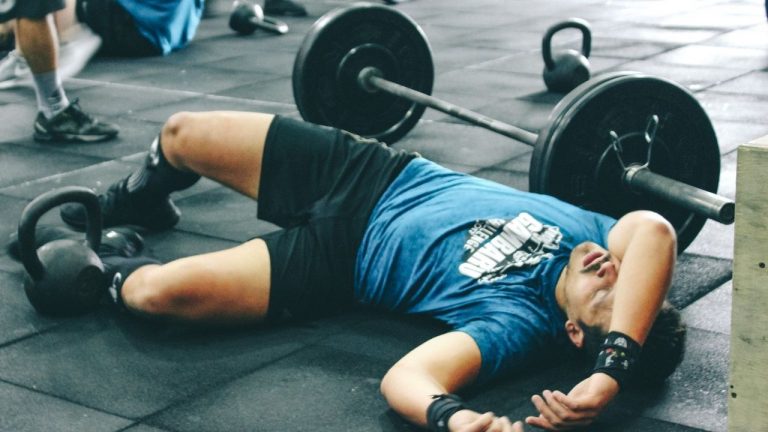
If you’re feeling exhausted, have no energy, or are seeing a decrease in your performance, you may be overtraining. Overtraining occurs when you put too much stress on your body without giving it adequate time to recover. This can lead to fatigue, injuries, and a decrease in your overall performance. If you think you may be overtraining, take a few days off from exercise to allow your body to recover. You should also focus on getting enough sleep and eating a balanced diet. If you’re still feeling exhausted after a few days of rest, it’s possible that you have a more serious medical condition and you should see a doctor.
How often should I work out to see results for a muscle to grow?
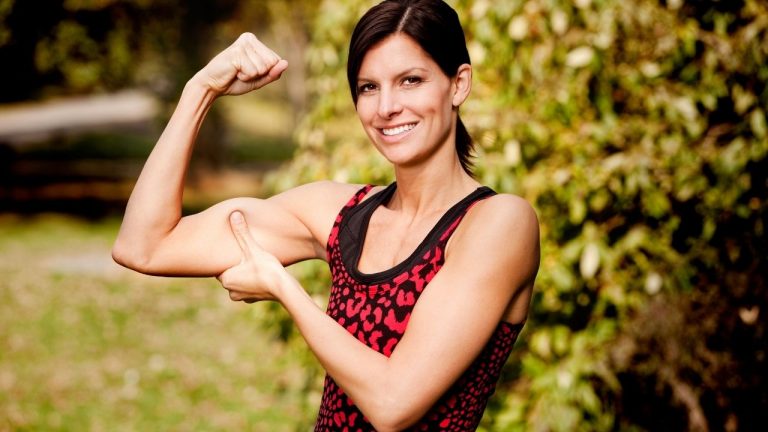
You should focus on compound exercises that work for multiple muscle groups at once. These exercises are more efficient at building muscle than isolation exercises, which target only one muscle group at a time. How often you work out will also affect how quickly your muscles grow. If you’re new to working out, start slowly with two or three workouts per week. As your body adjusts, you can increase the frequency of your workouts. And be sure to give your muscles adequate time to recover between workouts. With a little patience and hard work, you’ll see results from your workout routine!
How much protein do I need to build muscle?

Protein is essential for repairing and rebuilding muscle tissue, so it’s no surprise that you need to consume adequate amounts of protein to see results from your workout routine. How much protein you need depends on a number of factors, including your age, activity level, and muscle-building goals. The general rule of thumb is to consume 0.36 grams of protein per pound of body weight. So, if you weigh 150 pounds, you should aim for 54 grams of protein per day. However, if you’re looking to build muscle, you may need to consume more protein. A high-protein diet can help you to build muscle and improve your overall performance.
What are some other benefits of working out your muscles?

In addition to helping you to build muscle, working out can also have a number of other benefits for your health. Exercise can help to improve your cardiovascular health, increase your strength and endurance, and reduce your risk of chronic diseases such as obesity, type II diabetes, and heart disease. Furthermore, regular exercise has been shown to boost mood, improve sleep, and reduce stress levels. So, if you’re looking to improve your overall health, working out is a great place to start! Thanks for reading and I hope this was helpful.
Conclusion
Working out your muscles has a number of benefits, including helping you to build muscle, improve your cardiovascular health, and reduce your risk of chronic diseases. To see the best results from your workout routine, focus on compound exercises that work for multiple muscle groups at once and be sure to give your muscles adequate time to recover between workouts. Thanks for reading!



